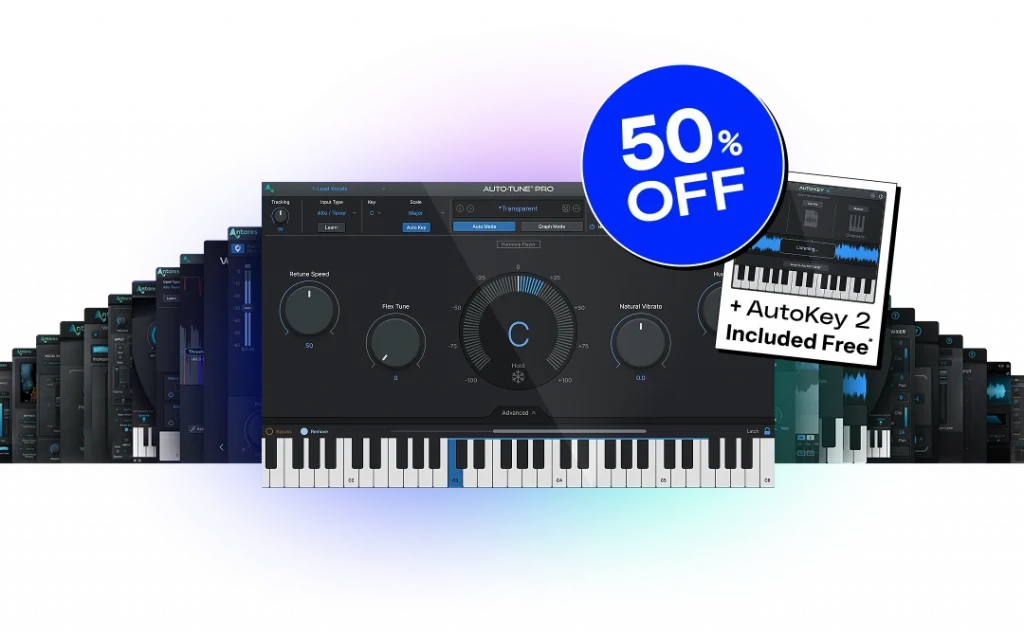Developing Games for Mobile vs PC: Key Differences


As the gaming industry continues to grow and evolve, game developers face the constant challenge of deciding which platform to target: mobile or PC. Both platforms have their own unique advantages and challenges, and understanding the key differences between developing games for mobile and PC can help developers make informed decisions about where to focus their efforts.
One of the biggest differences between developing games for mobile and PC is the hardware limitations. Mobile devices typically have less processing power and memory than PCs, which can limit the complexity and scale of the games that can be developed for them. This means that mobile games often need to be optimized for lower-end devices, which can present a challenge for developers looking to create visually stunning games.
Another key difference is the control scheme. Mobile devices rely on touchscreens for input, which can be limiting for certain types of games that require more precise controls. PC games, on the other hand, can take advantage of keyboards, mice, and game controllers, giving developers more flexibility in designing gameplay mechanics.
In terms of distribution, mobile games have the advantage of being able to reach a larger audience through app stores like the Apple App Store and Google Play Store. modded minecraft server hosting This can make it easier for developers to get their games in front of players, but it also means facing a more crowded marketplace and increased competition.
On the other hand, PC games can be distributed through platforms like Steam, which offers developers more control over pricing and marketing. PC games also tend to have longer lifespans than mobile games, as players are less likely to upgrade their PCs compared to their mobile devices.
Ultimately, the decision of whether to develop games for mobile or PC depends on a variety of factors, including the target audience, budget, and technical capabilities of the development team. Both platforms offer unique opportunities for developers to create engaging and immersive gaming experiences, and understanding the key differences between the two can help developers make the right choice for their projects.

